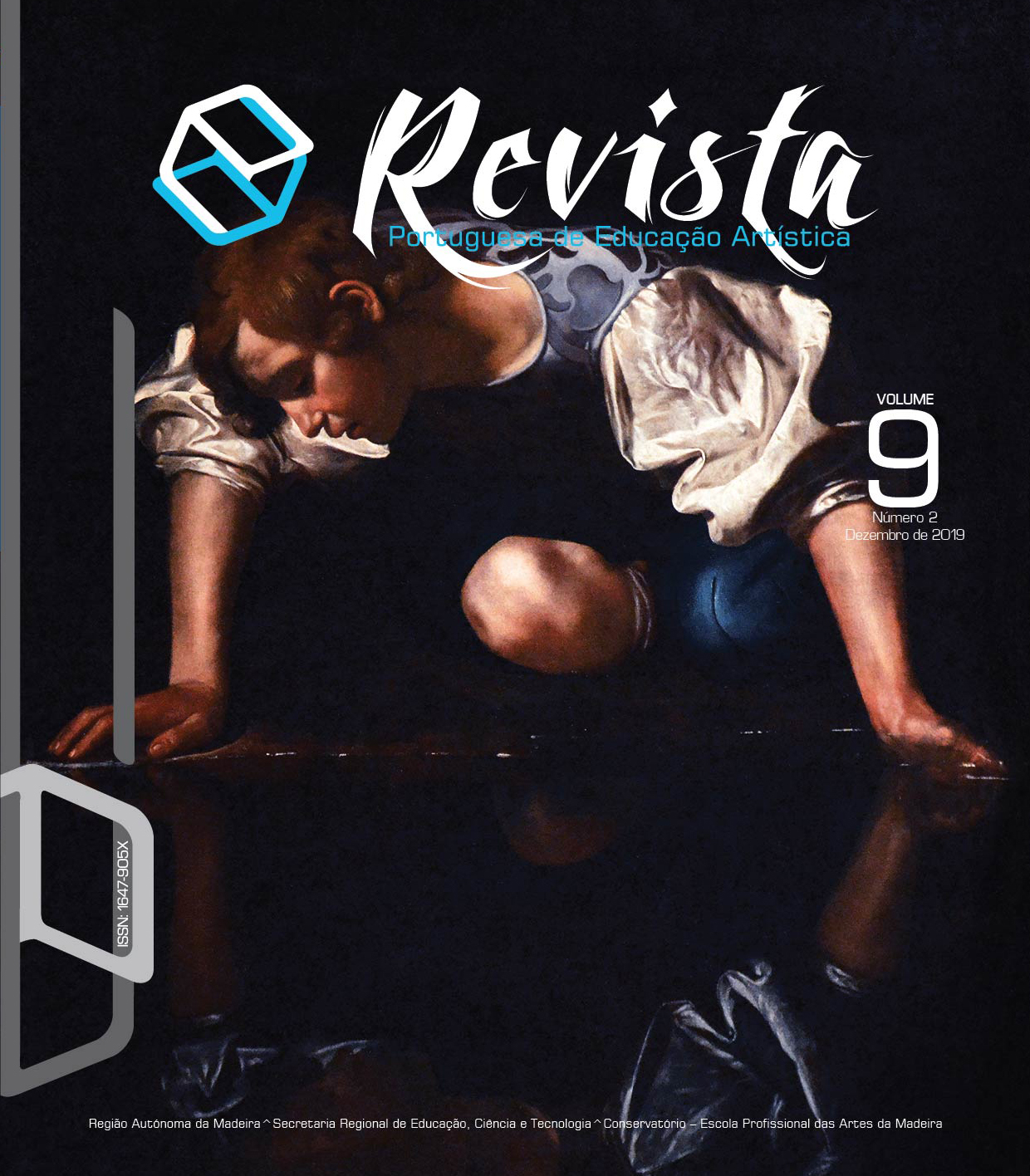Music, Pedagogy and Children/Youth with Disabilities: Specific Considerations about the Blind Children
DOI:
https://doi.org/10.34639/rpea.v9i2.134Keywords:
Music, Disabilities, Inclusion, Music Teaching, BlindAbstract
In the last thirty years, many scientific studies have come to prove the importance of Music as therapeutic,
cognitive, emotional and social level, especially in children. Objective or subjective, individual or collective, interpersonal
or intrapersonal, Music enhances the World’s discovery and develops the brain as a whole (Jeandot, 1993: 19). No
wonder Music is extraordinarily important in Special Education, because it reduces the limitations created by disabilities,
enhances the individual’s overall independence and helps disabled children get into family, school, and social settings.
Whether through Auditory Perception, Instrumental Practice, Vocal Practice or general Musicalization exercises,
teachers should use Music in their educational strategies to mitigate the difficulties caused by different deficiencies.
This article is the result of my work as a mentor of several stages and theses of future pre-school and first cycle
teachers and educators who have applied various methodologies – Kodaly, Willems, Orff – in their professional contexts
of traineeship with disabled children – particularly blind, deaf and autistic – and shows, in an evident and sustained way,
how Music is fundamental and essential in General and Vocational Education as an active and playful methodological
strategy in alleviating handicaps, either through Instrumental Practice (where fine and gross motricity, sound exploration,
body/instrument ratio, etc.) or through Vocal Practice (where the voice is optimized as an extension of the body, melody,
memory, expressive vocal production, tuning, choral singing, etc). Children with disabilities substantially improve their
physical and intellectual performance with Music, in particular through repetitive processes – words, rhythms, songs,
instrumental pieces – become happier and more accomplished and “educate themselves for the integration and inclusion,
building a more just society” (Berenguer, 2010: 25).
Keywords:; ;
Downloads
Published
Issue
Section
License
Copyright (c) 2020 Revista Portuguesa de Educação Artística

This work is licensed under a Creative Commons Attribution-NonCommercial 4.0 International License.

The work Revista Portuguesa de Educação Artística (Portuguese Journal of Artistic Education) is certified under Licence-Creative Commons Attribution-NonCommercial 4.0 International (CC BY-NC 4.0).




